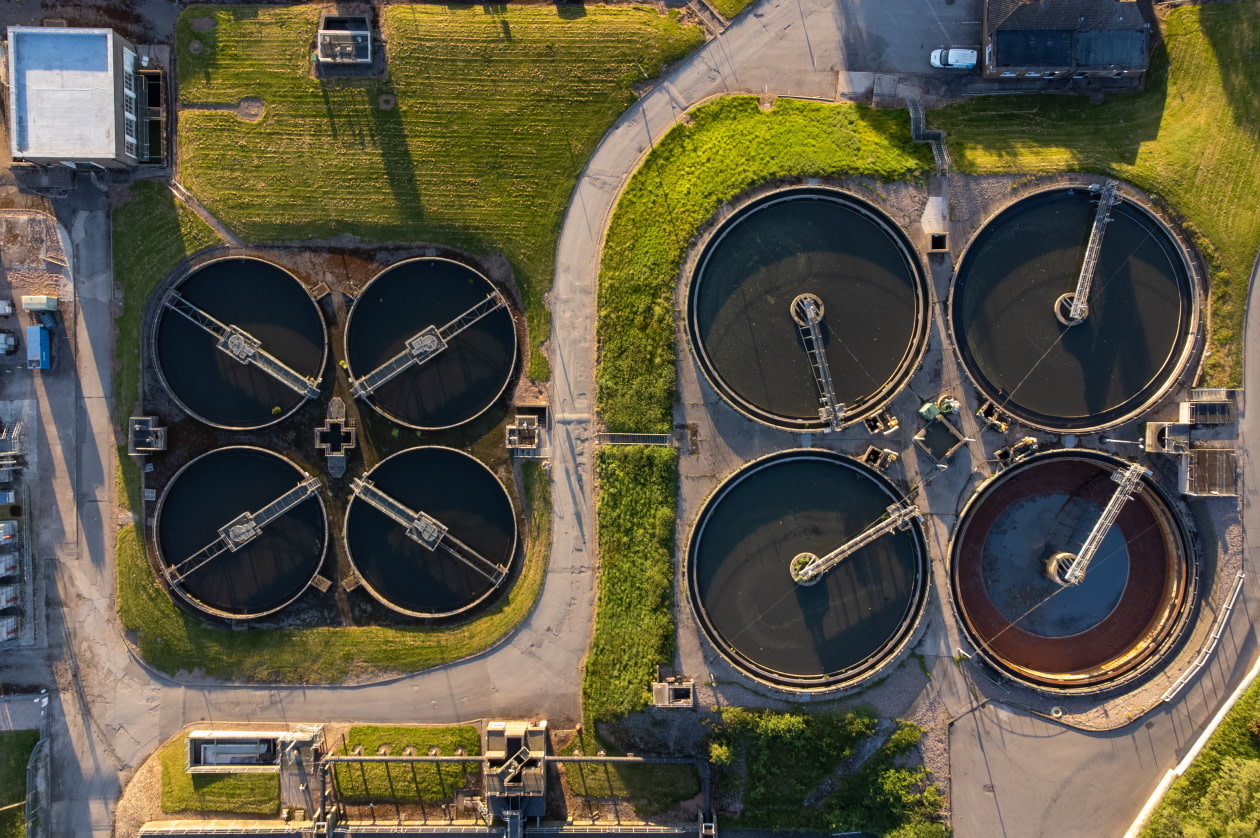The water regulator, Ofwat, recently released its draft determination.
Every five years, Ofwat sets out what water companies across England and Wales are expected to deliver in terms of infrastructure investment and improvements to customer service levels. This is called the draft determination.
Water companies have been facing serious problems with drains, reservoirs, and sewers, causing lots of pollution to spill into rivers and waterways. These spills have put every company, sector wide, under official investigation.
To address these issues Ofwat has set out clear plans and targets to try to get the industry’s services back on track, including:
Reducing storm overflows by 44% (compared with 2021 levels), including 21% that companies have to fund themselves.
£1.4bn of investment in catchment and nature-based solutions to stem storm overflows.
Introducing eight new performance targets, covering overflows, carbon emissions and biodiversity.
Automatic fines for companies that don’t meet these new targets.
As well as stricter standards from the regulator, the new Labour government has also firmed up plans set out in its manifesto in last week’s King’s Speech.
The Water (Special Measures) Bill lets water company bosses face criminal liability for breaking laws on water quality and unlocks new powers for Ofwat to ban bonuses if environmental standards aren’t met.
It’s clear the sector needs to deliver substantial change. The public wants better all-around service and major improvements on the environmental front.
The proposed framework from Ofwat to deliver these improvements needs companies to invest a mammoth £88bn between 2025-2030, up from £59bn in the five-year period before. Time will tell whether this will be enough though.
This article isn’t personal advice. If you’re not sure an investment is right for you, seek advice. Investments and any income from them will rise and fall in value, so you could get back less than you invest. Ratios also shouldn’t be looked at on their own.
What does this mean for customers?
A lot will cheer the news of increased investment, but there’s no such thing as a free lunch.
To pay for the proposed upgrades and improvements to service, water companies will be allowed to charge consumers more. Each water company requested different levels of bill increases, depending on the level of investment they needed to fund.
In the draft determination, Ofwat proposed an average annual increase to consumers’ bills of £19 for the next five years. On average, that’s around £44 per year lower than what the water companies requested.
Proposed change in average water bill by 2029/30 (vs average bills for 2024/25)
How are water companies performing?
Right now, only three water companies across England and Wales are listed on the London Stock Exchange.
That means just Severn Trent, United Utilities and Pennon (which owns SES Water and South West Water), are easily accessible for retail investors.
Ofwat focuses on lots of other metrics besides financials. Things like customer satisfaction, supply interruptions, as well as leakages and pollution incidents. According to Ofwat’s latest annual performance report, these three companies all performed at or above their expected levels of service in most categories.
But from an environmental, social and governance (ESG) perspective, there are some incidents to be aware of.
The Environmental Agency reported Severn Trent was responsible for more than 440,000 hours’ worth of spills in 2023, totalling around 50 years. This comes after the company already received a £2mn fine for previous cases of pollution.
Its Chief Executive, Liz Garfield, the highest-paid exec in the sector, attracted even more scrutiny by taking home £3.2mn in pay, bonuses and shares in the same year.
United Utilities had the highest number of spills per storm overflow sector-wide in 2023, totalling over 650,000 hours. These include repeat offences of illegal discharges in UNESCO World Heritage sites, like Lake Windermere.
Reports of the group misreporting its sewage pollution, while also receiving a £5mn bonus for meeting environmental targets, have drawn fierce public criticism.
Pennon-owned South West Water has faced multiple fines worth millions of pounds for illegal spills and breaches of environmental permits and targets. Leaks caused by bursting pipes, E. coli levels at around 2,000 times higher than a poor rating, and the death of protected fish species have brought increased public scrutiny.
CEO, Susan Davy, has also been under pressure for a pay rise of around £300,000, despite executive bonuses being suspended due to issues like the cryptosporidium parasite outbreak in Devon earlier this year.
These points are alarming and explain why the draft determination set such ambitious targets for improving infrastructure and reducing pollution.
Investors should be aware that failing to meet these targets increases the risk of fines, which will weigh on financial performance. Dividends will also be in focus, as some companies might need to lower dividend payments to help fund the substantial upgrades to infrastructure.
Despite the challenges, we still see long-term opportunities in the sector. Although, performance will likely be filled with ups and downs in the near term.
What happens next?
While Ofwat’s decision is only a draft ruling, it’s a good indication of what the final decision will look like.
Negotiations now begin between Ofwat and the water companies, who will likely argue for more favourable allowances before a final verdict is announced in December.
Join the 180,000 people already signed up to get a wealth of insight, including:
Our latest share research and articles
Top tips to improve your investment decisions
What to expect from the stock market in the week ahead
This article is original Hargreaves Lansdown content, published by Hargreaves Lansdown. It was correct as at the date of publication, and our views may have changed since then. Investments rise and fall in value so investors could make a loss.
This article is not advice or a recommendation to buy, sell or hold any investment. No view is given on the present or future value or price of any investment, and investors should form their own view on any proposed investment. This article has not been prepared in accordance with legal requirements designed to promote the independence of investment research and is considered a marketing communication. Non-independent research is not subject to FCA rules prohibiting dealing ahead of research, however HL has put controls in place (including dealing restrictions, physical and information barriers) to manage potential conflicts of interest presented by such dealing. Please see our full non-independent research disclosure for more information.


